Babar's form in focus as Pakistan begin title defence
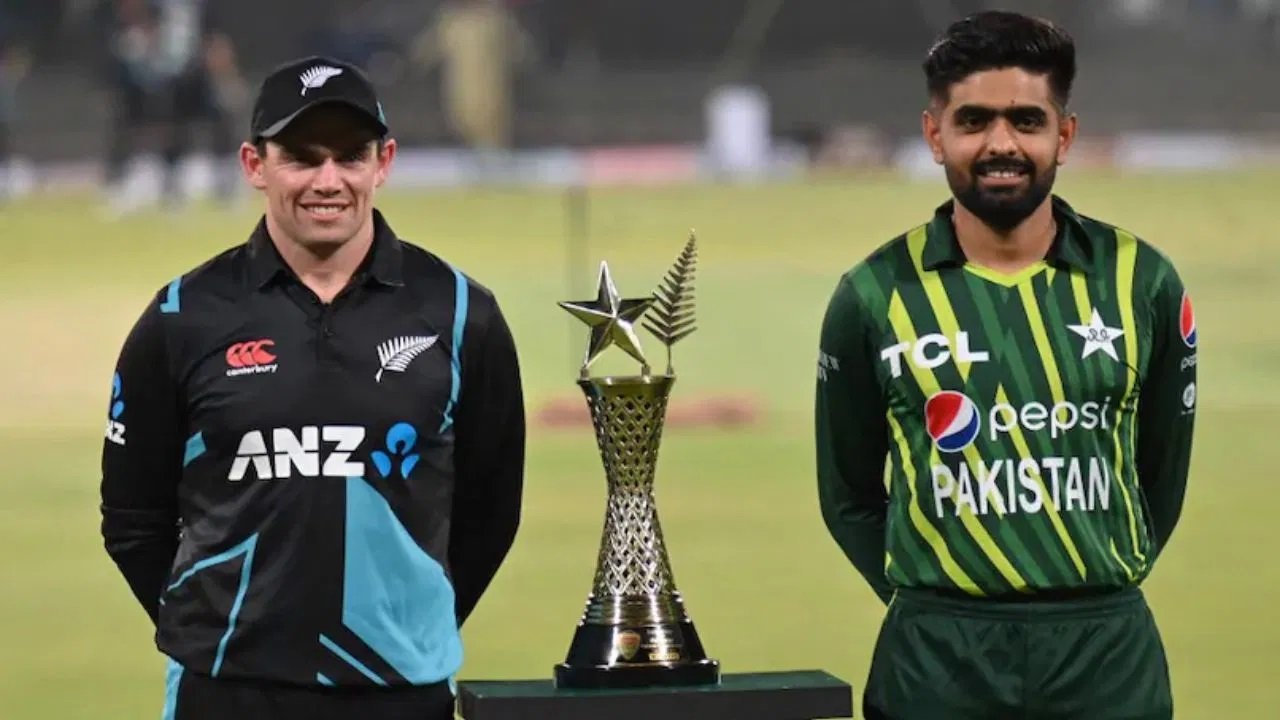
Karachi (Pakistan), February 19:
Big picture: Pakistan vs New Zealand (again)
We live in a time when the ODI is starved for attention, with the older sibling commanding instant respect for its age and wisdom and the younger one bawling at full lung capacity if you dare to look away while it cartwheels around the room. For all that, the middle child never fails to remind us how captivating it can be whenever a global tournament comes along. The last two ODI World Cups produced so many classics between them, and so many passages of play that showcased the variety of skills that this format can both compress and give breathing room to.
Given how little we've seen of it over the last year-and-a-half or thereabouts, then, our appetite for the ODI should be at its peak, even if the Champions Trophy remains an awkward fit in the calendar and the interests of the ICC's member boards. So much has happened since Sarfaraz Ahmed lifted this trophy eight years ago, enough for everyone to forget that it even exists, but here we are now, and here it is once again.
We have Pakistan, the defending champions and (co-ish) hosts, to start us off, and they'll face familiar foes in the tournament-opener. No visiting team has played more ODIs in this country than New Zealand's 11 since the start of 2019, and they begin this Champions Trophy a mere five days after beating Pakistan in the final of an ODI tri-series. Karachi hosted that match, and will host this one too.
It says something about the two teams that New Zealand and Pakistan finished fourth and fifth - just inside and just outside the knockouts spots - on the league tables of both the 2019 and 2023 World Cups, and that Pakistan won the head-to-head meetings both times. It speaks of two teams with potentially title-winning strengths as well as title-squandering flaws, and this, perhaps, makes it the ideal contest to kick things off.
Form guide
Pakistan LWLWW (last five completed ODIs, most recent first)
New Zealand WWWLW
In the spotlight
He's gone 21 innings without an ODI hundred, and while this wouldn't be abnormal for most batters, Babar Azam isn't most batters. That sequence only includes two single-digit scores, so it isn't as if he's been struggling, but few things will bring as much joy to Pakistan at the start of a global event on home soil as a big score from their until-recently-irreproachable run machine. He's batting at the top of the order now rather than No. 3, so a score of significance will also ease any doubts Pakistan may have about the structure of their line-up.
Rachin Ravindra was struck by the ball on his forehead, Pakistan vs New Zealand, Lahore, Pakistan tri-series, February 8, 2025
Rachin Ravindra was struck by the ball on his forehead during the tri-series•AFP/Getty Images
In the recently concluded tri-series, New Zealand's spinners finished with a combined economy rate of 4.41, which was remarkable considering their Pakistan and South Africa counterparts went at 5.67 and 5.94 respectively. It speaks to the quality of Mitchell Santner and Michael Bracewell, who picked up five wickets apiece during the tri-series at near-identical averages and economy rates. They form as enviable a spin combination as any in this tournament: a left-arm fingerspinner and an offspinner, both extremely handy with the bat.
Team news: Rauf boost for Pakistan
Haris Rauf played no part in the recent ODI tri-series after going off the field with a side strain during the opening game against New Zealand. He has been bowling in the nets in the lead-up to the Champions Trophy, though, and Pakistan captain Mohammad Rizwan was confident he would be fit to start the tournament-opener. This should leave Pakistan able to pick a full-strength XI.
Pakistan (possible): 1 Fakhar Zaman, 2 Babar Azam, 3 Saud Shakeel, 4 Mohammad Rizwan (capt & wk), 5 Salman Agha, 6 Tayyab Tahir, 7 Khushdil Shah, 8 Shaheen Shah Afridi, 9 Naseem Shah, 10 Haris Rauf, 11 Abrar Ahmed.
New Zealand go into the Champions Trophy with two of their original fast-bowling selections - Lockie Ferguson and Ben Sears - out of the tournament. There's also doubt over whether Rachin Ravindra - who hasn't played a game since being struck on the head by the ball while fielding during the first match of the tri-series - will be fit to start, but the opener has been batting during training sessions in the lead-up to this tournament. New Zealand will take a call on him after their training session on Tuesday, with Will Young likely to open alongside Devon Conway should they decide not to risk Ravindra. Ferguson's replacement Kyle Jamieson will not arrive in Karachi in time to be available for the first game.
New Zealand: 1 Rachin Ravindra/Will Young, 2 Devon Conway, 3 Kane Williamson, 4 Daryl Mitchell, 5 Tom Latham (wk), 6 Glenn Phillips, 7 Michael Bracewell, 8 Mitchell Santner (capt), 9 Matt Henry, 10 Jacob Duffy, 11 Will O'Rourke.
Pitch and conditions
Karachi hosted the last two matches of the recent tri-series, and they ended up as extremely dissimilar contests. On February 12, South Africa posted 352, the highest-ever total achieved at the venue, but that record only lasted a few hours as Pakistan hunted it down with an over to spare. Two days later, Will O'Rourke bagged four wickets and the unhittable Santner took 2 for 20 in his ten overs as Pakistan, electing to bat first in the final, were bundled out for 242, a total that New Zealand chased down with five wickets and 28 balls to spare.
What sort of surface will the National Stadium serve up on Wednesday, then? Recent history suggests this is a testing venue for fast bowlers in ODIs, as their combined average of 33.67 and economy rate of 6.02 over this decade would attest. Where Lahore has tended to be just as harsh to spinners, however, Karachi has given them a modicum of respite; while their wickets have come at 45.50, they have only gone at 5.11 per over.
Going by recent trends, pitches in global tournaments have tended to be good batting surfaces with something for bowlers to work with: the last three ICC ODI events - the 2017 Champions Trophy and the 2019 and 2023 World Cups - finished with overall run rates of 5.54, 5.59 and 5.82 respectively.
Wednesday is expected to be a warm day in Karachi with a high of 29 degrees Celsius, and little to no chance of rain.
Stats and trivia
New Zealand (2000) and Pakistan (2017) both beat India in the final when they won their respective Champions Trophy titles.
These two teams have met three times in the Champions Trophy, in 2000, 2006 and 2009, with New Zealand winning all three times.
New Zealand have faced Pakistan 11 times in ODIs since the start of 2023, and the results have been neck-and-neck. While New Zealand have won five and lost six, they've won three of the last four meetings.
Of the 47 New Zealand batters to score 1000 ODI runs, Daryl Mitchell has the best average (50.42). His strike rate of 97.89 is also hugely impressive, since all five batters above him on that list average below 30.
Of the bowlers from the eight teams in this tournament, Shaheen Shah Afridi (21 at 22.04) is the highest wicket-taker in ODIs since the end of the 2023 World Cup.
Babar, Fakhar Zaman and Faheem Ashraf are the only members of Pakistan's squad who were also part of their victorious 2017 campaign.
Quotes
"We're all equal whether someone's a platinum or an emerging player. The senior players have a bit more pressure on them, and we expect ourselves to perform on the biggest occasions, and this is as big as it gets."
Pakistan captain Mohammad Rizwan
"Anytime you've been in conditions you're been coming up against is an advantage. We're lucky we've been over here for a couple of weeks and played in Pakistan quite a bit over the last three years"
New Zealand keeper-batter Tom Latham


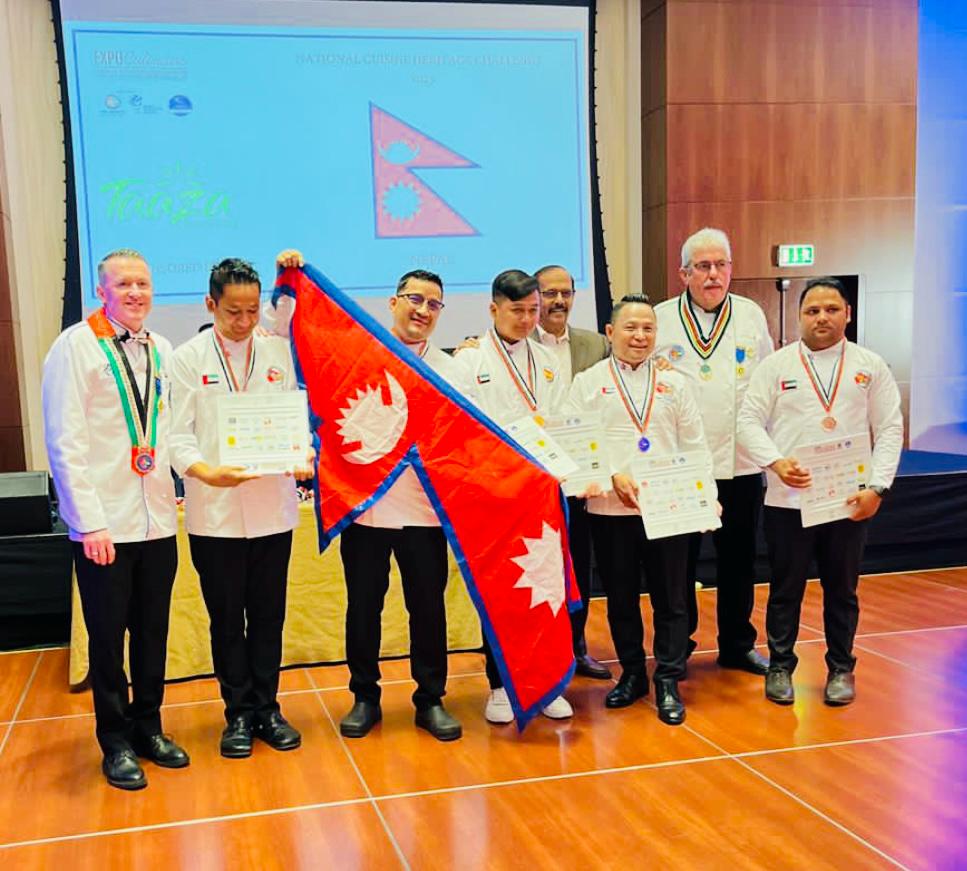
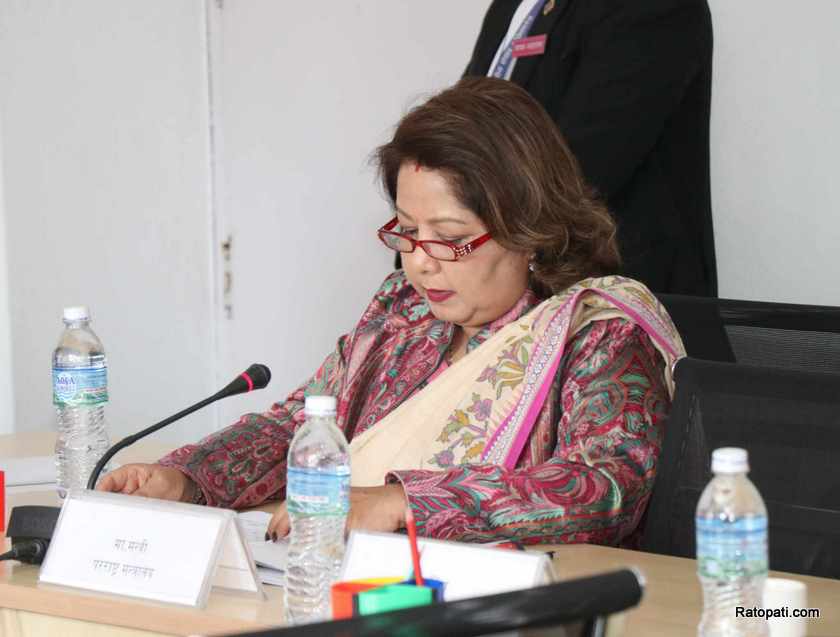


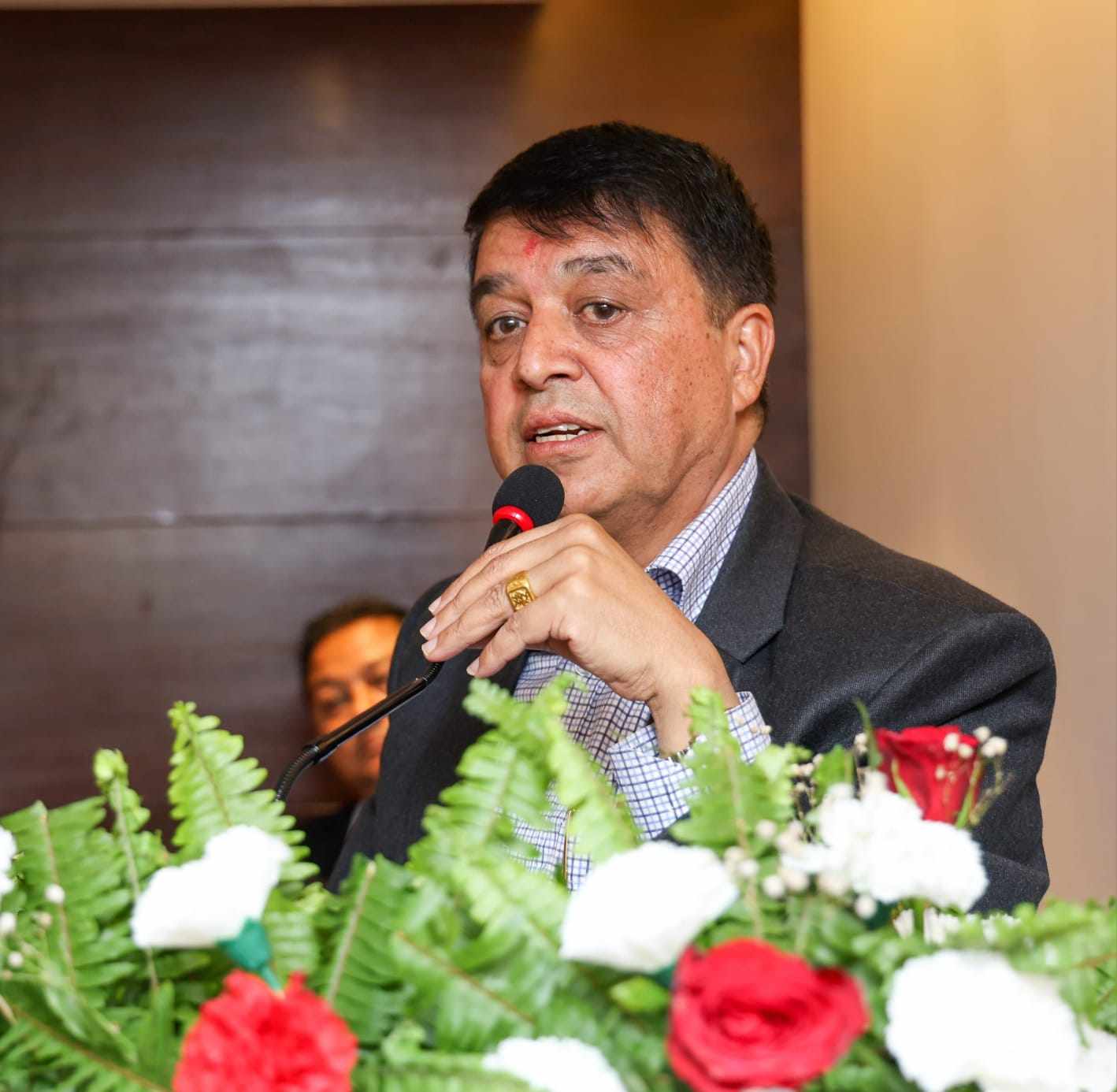


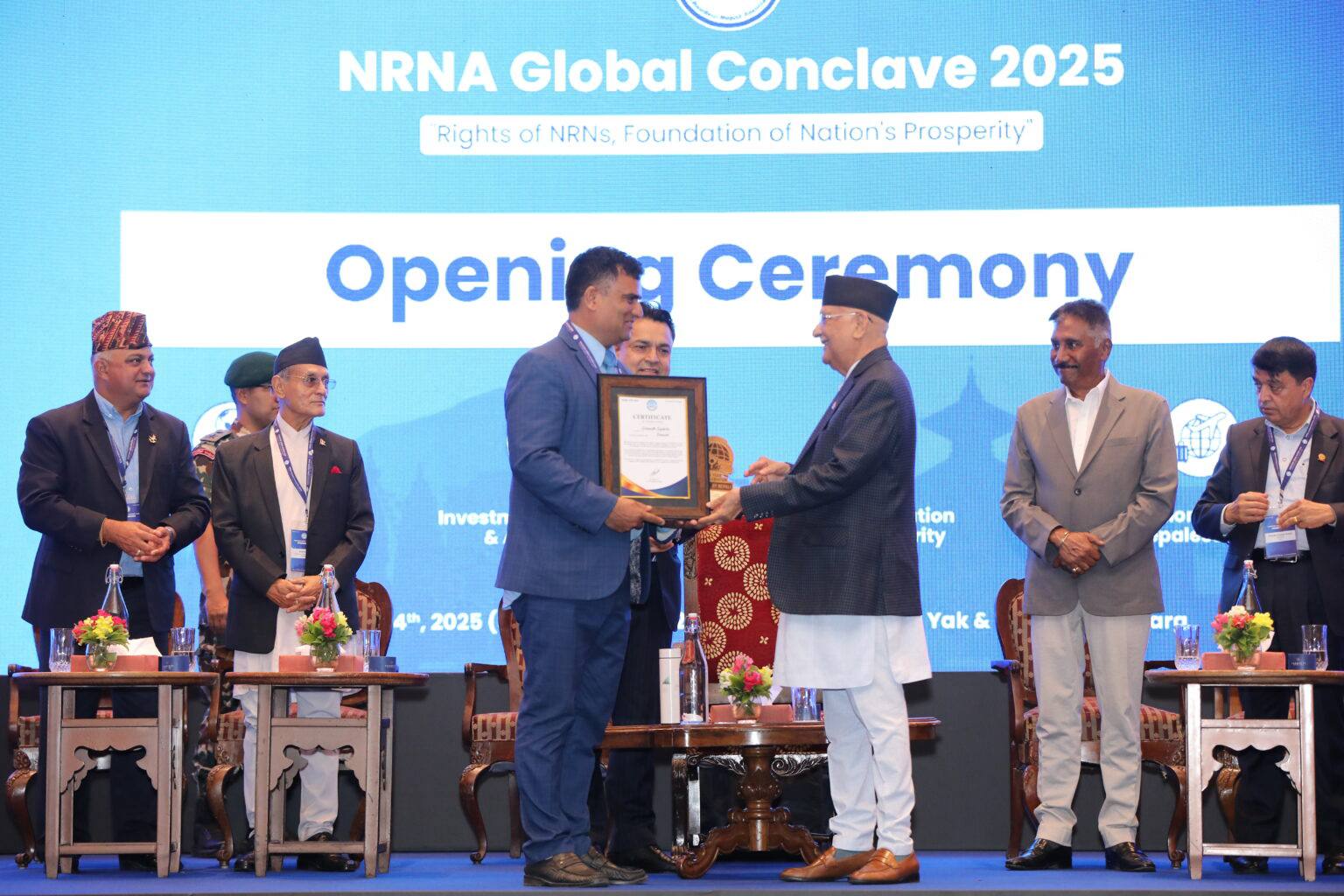
Leave Comment